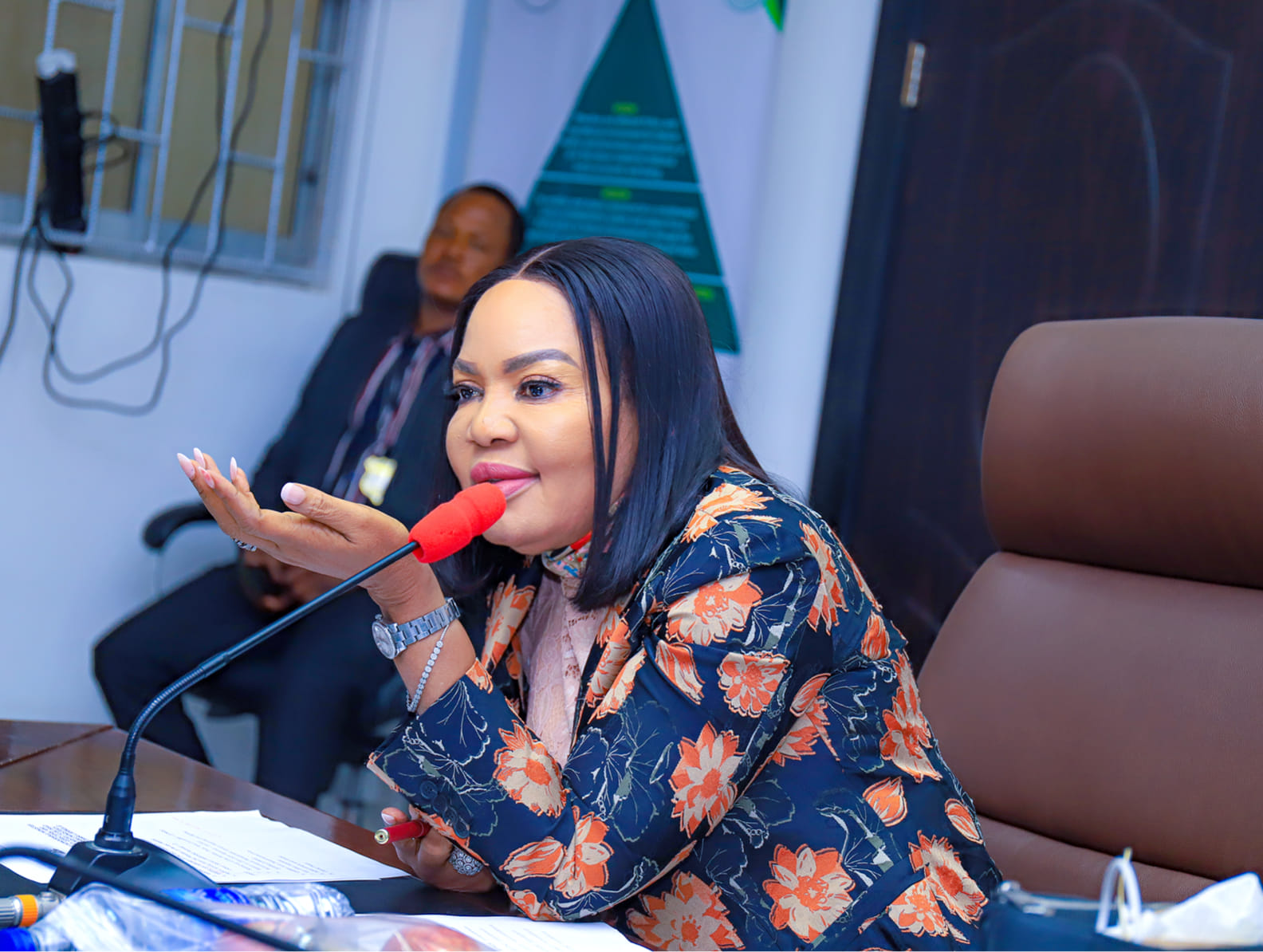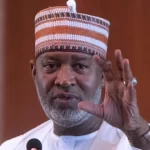In recent weeks, Nigeria has been rocked by the Nigerian Labour Congress (NLC) demand for a ₦494,000 minimum wage. The NLC, an umbrella body for Nigerian workers, has been calling for this increase in minimum wage for quite some time now. However, Minister Nkeiruka Onyejeocha, the Minister of State for Labour and Employment, has boldly voiced her concerns about the potential impact of such an increase on the government’s finances and the overall economy.
Many argue that a higher minimum wage is necessary to improve the standard of living for Nigerian workers. While this may be true, it is important to also consider the bigger picture. Minister Onyejeocha rightly pointed out that such a drastic increase in minimum wage would put significant strain on the government’s finances, which are already stretched thin. This could ultimately lead to reduced funding for essential services such as healthcare and education.
Furthermore, a sudden increase in minimum wage could have a ripple effect on the overall economy. Businesses, especially small and medium-sized enterprises, may struggle to keep up with the increased labor costs and may be forced to downsize or even shut down, resulting in job losses and a decline in economic growth. It is a delicate balance that needs to be carefully considered.
It takes courage to speak out against the majority, especially when it concerns the livelihoods of thousands of workers. But Minister Onyejeocha has shown that she is not afraid to stand for what she believes is right, even if it may not be the popular opinion. Her position is a testament to her commitment to finding a solution that works for both the government and the people.
It is also worth noting that the government is not completely opposed to the NLC’s demands. In fact, Minister Onyejeocha has stated that the government is willing to accommodate the demands and reach a reasonable and sustainable agreement. This shows that the government is open to finding a solution that benefits both the workers and the economy.
The NLC is fighting for the interests of Nigerian workers, but it is important to also consider the long-term implications of a significant increase in the minimum wage. Sustainable economic growth and stability are crucial for the wellbeing of the entire population, including workers.
Minister Nkeiruka Onyejeocha has displayed courage and integrity in her stance against the NLC’s demand for a ₦494,000 minimum wage. Her concerns about the potential impact on the government’s finances and the economy should not be ignored.






